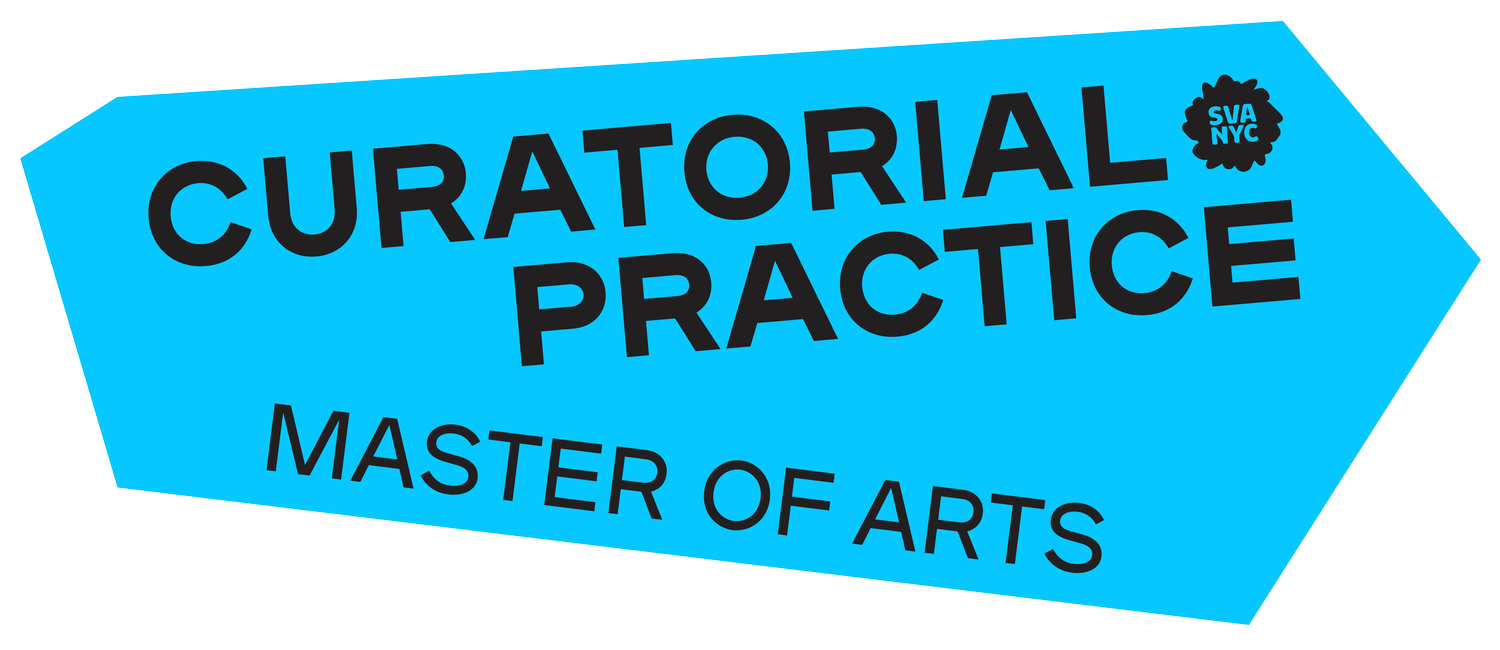Behind AI's advancements lies a tapestry of human interactions, troves of user-generated data, and labor, often unseen but foundational. As AI's capabilities continue to expand, this conversation peels back AI's layers, revealing its human and environmental core beyond the code. How do automation technologies like AI impact the future of labor and the labor market? If AI is perceived as a new "black box" – a layer of abstraction that obscures the underlying physical and human resources, rendering them invisible and replaceable – how might this affect the evolution of social class relations and the emergence of new social conflicts?
Artist Stephanie Dinkins, intrigued by the potential bond between artists and socially engaged robots, envisions technological ecosystems rooted in care and equity. Vladan Joler, renowned for his detailed mappings of the unseen infrastructures within AI systems, brings to light the intricate web of human narratives and environmental impacts concealed within these technological advancements. His work, a profound dissection of the algorithmic ecosystem, underscores the hidden labor and resources that are AI's unseen backbone, drawing attention to the broader socio-political and environmental implications, as well as the power dynamics interwoven within these systems. Artist Josh Kline, focusing on labor and class, examines the significant effects of climate change, automation, and the erosion of democracy.
The conversation will be moderated by Isin Onol, Director of Curatorial Research at MA Curatorial Practice, School of Visual Arts. Register Here.
